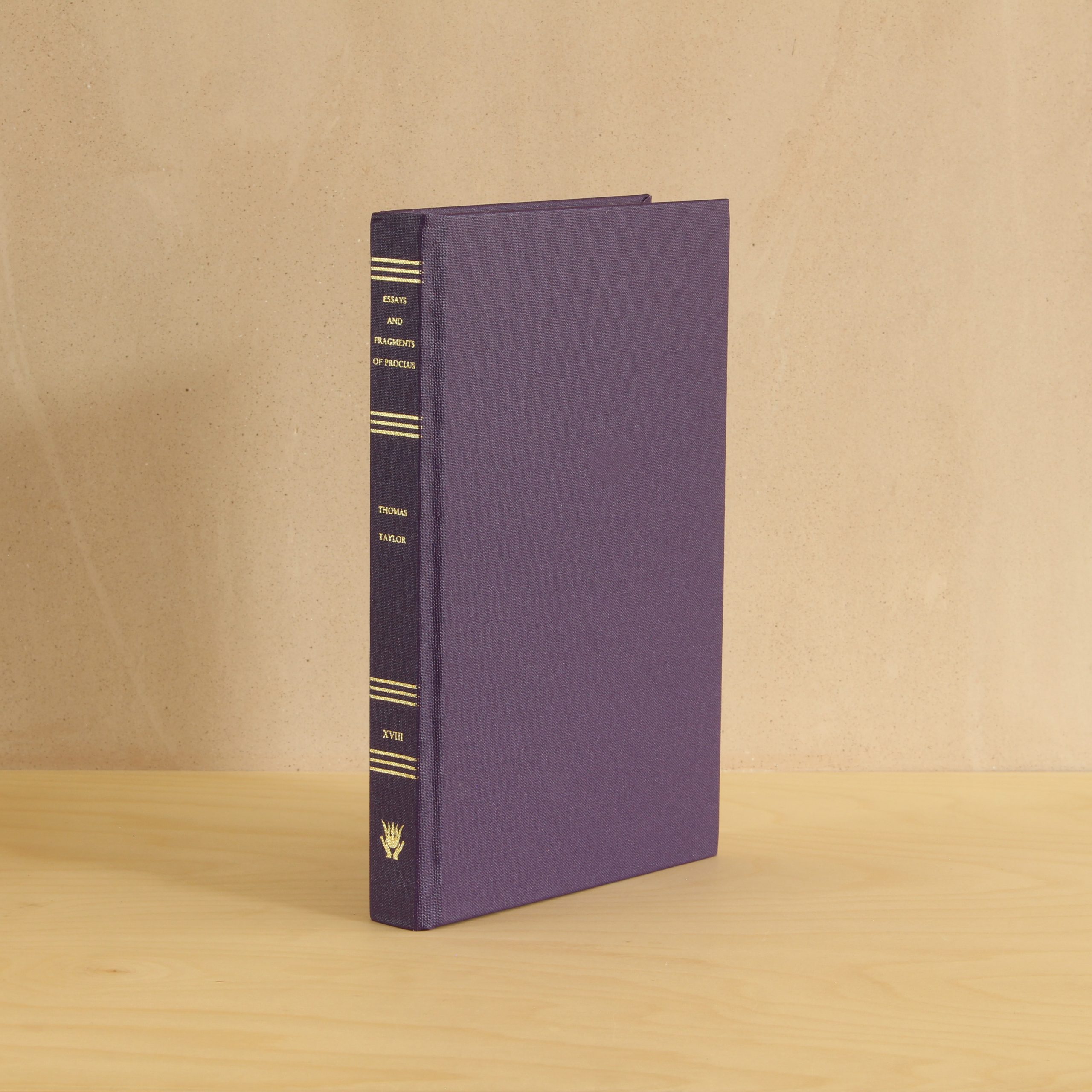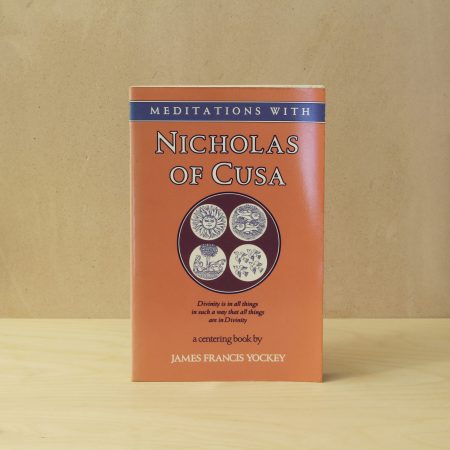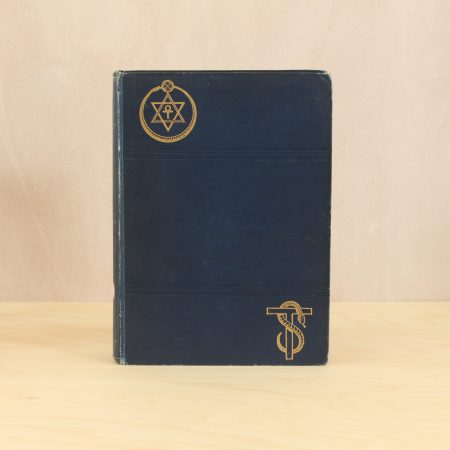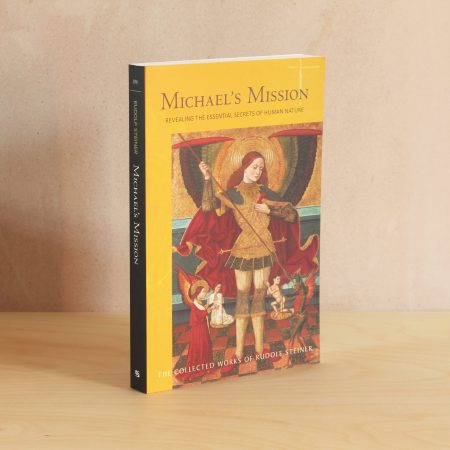Description
Translated by Thomas Taylor
In the following collection of works, the divine Proclus examines subjects of primary importance to all mankind, and especially to the philosopher-soul. The treatise entitled On Providence, Fate and That Which is Within Our Power is, perhaps, the most lucid investigation of these subjects that has ever been written, and answers clearly and simply some of the most commonly asked questions that have engaged the human mind through the ages, such as: What is providence? What is fate? What is the relationship between providence and fate? Do we or can we act freely, or are we dominated by fate and divine foreknowledge? What are the modes of knowledge which we use or are capable of using, and what are their proper subjects? However, it is to be noted that Proclus is concerned here with what these principles are, and not with whether or if they have a subsistence or existence. Early on in this treatise he clearly states, “If therefore, you inquired whether Providence is, or is not, and in a similar manner concerning Fate, it would be requisite in the first place to show you that each of them is, and if you still doubted, I should be unwilling after this to answer your doubts, but since you acknowledge that both of them have a subsistence, and that all things are comprehended in their dominion, it evidently remains, I conceive, that I should demonstrate to you what each of them is; for from this it will be evident what it is in which they differ. And this being known, many of your doubts, as we have said, will be solved.”
Following on from this is the treatise Ten Doubts Concerning Providence, which expands some of the arguments contained in the former treatise, and especially addresses the relationship between our knowledge and that of divinity. Central to this there is one of the most profound and self-evident conclusions of Platonic philosophy, which is that, “knowledge therefore subsists according to the nature of that which knows, and not according to the nature of that which is known.” With this golden key in mind, numerous doors of perception may be opened and many life-giving truths may be realised.
In the treatise On the Subsistence of Evil, we are greatly indebted to Thomas Taylor, as this treatise helps liberate the mind from the false notions of essential dualism on any and every level, simply states what evil is, and how and why and where it manifests, and what its power is and is not. This treatise is both comforting and disturbing, and reveals more as it is frequently considered and applied.
In addition to these works, the remaining Lost Fragments of Proclus, and the Life of Proclus by his disciple Marinus are included, the latter of which will be a delight to every unenvying soul.
Finally, Seven Hymns by Thomas Taylor have been added, having been recently rediscovered in the archives of the Philological Quarterly, where they languished for a number of years, and which now, to our benefit, are brought to the light of day once again.
Essays and Fragments of Proclus, Thomas Taylor, The Prometheus Trust, 2017
Hardback. Octavo. Purple cloth binding. New. 273 pp.




